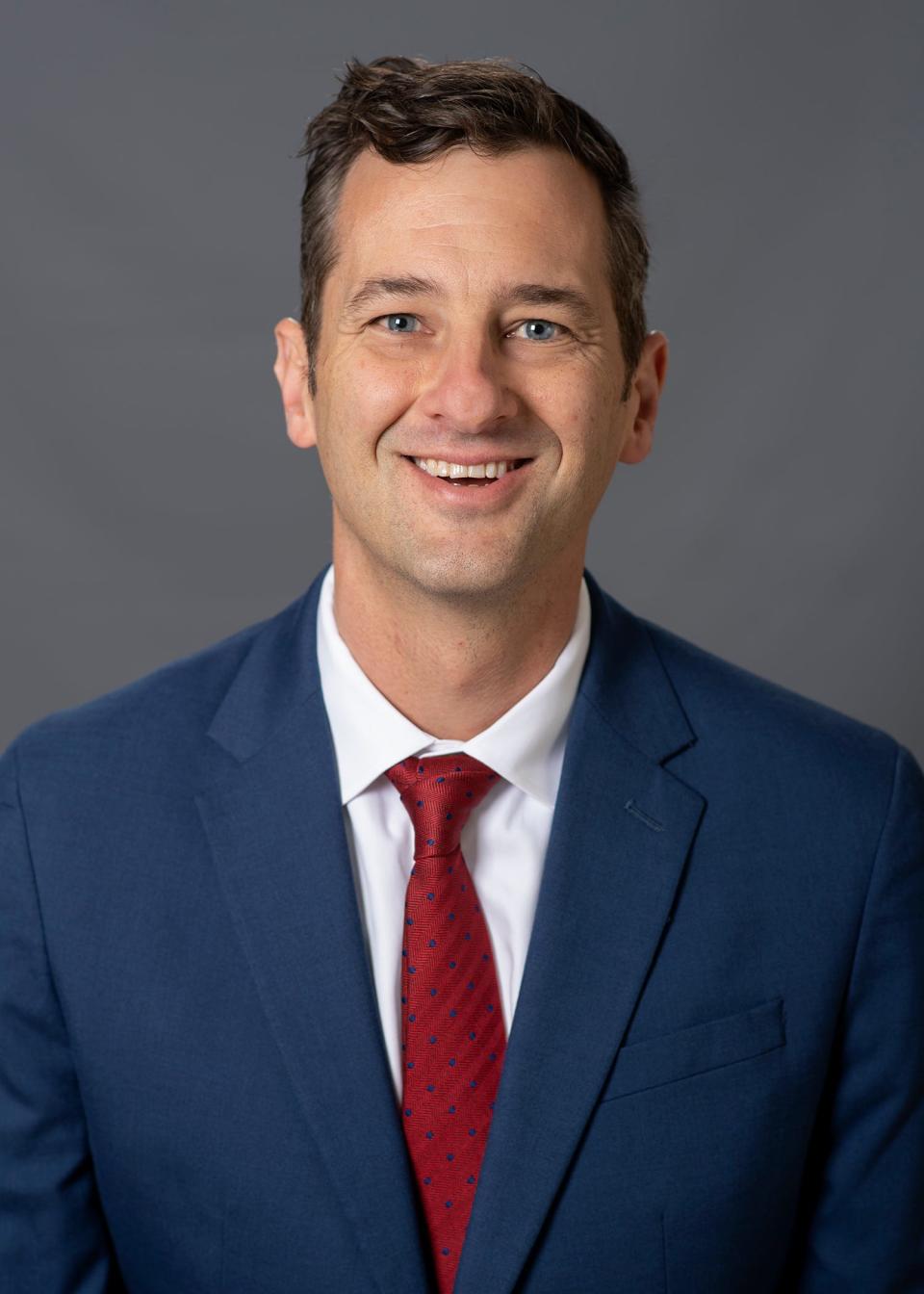Opinion: Candidate filing time in NC is when most 2024 races are determined
If you want to understand how you will be governed in 2025 the time to pay attention is now.
Candidate filing for the 2024 election in North Carolina begins Monday, Dec. 4. From then until the end of filing at noon Friday, Dec. 15, North Carolinians who want to run for elected office can fill out some forms, pay 1% of the salary for that office, and become a candidate. Of course, few of them do this quietly — there’s usually an announcement, a website, a social media blast, and a press release that accompanies the official application. And while it might be tempting to discount these announcements as “just politics,” this is the time when the lion’s share of outcomes for the 2024 election are being determined.
In the three-course meal that is the American electoral system, the menu is being set.
There are preciously few competitive seats left in American politics and North Carolina is no exception. Just one of North Carolina’s 14 congressional seats is expected to be competitive in November — Congressional District 1 in the northeastern corner of the state, currently represented by Democrat Don Davis. Save a massive upset, come January 2025, three of North Carolina’s congressional seats will be held by Democrats, and 10 by Republicans with District 1 as the only question mark.
The North Carolina General Assembly isn’t much different. Using even the most generous definition of competitiveness, one party is virtually guaranteed victory in more than three quarters of the state’s 170 legislative seats.
For the vast majority of seats, then, the race to get on the ballot is arguably more consequential than the general election vote tallies, which are all but a foregone conclusion. It is in this invisible primary that occurs behind the scenes before the actual primary election when your choices are being made.
Consider a few examples from the last week.
Erin Pare, a Republican who represents House District 37 in the North Carolina General Assembly announced that she was abandoning her run for District 13 in the United States House of Representatives and will instead run for re-election to the General Assembly. This changes the lay of the land — and the options for voters — for a federal and state office simultaneously.
In a similar vein, Republican State Rep. Jarrod Lowery had been rumored to be considering a run for North Carolina’s eighth congressional district, but announced on Wednesday that he would instead run for another term in the General Assembly. His decision all but assures that he will remain in his seat, while other challengers will remain in a seat that will almost certainly remain in Republican hands
Democrat Caleb Rudow made the opposite decision — announcing that he was going to run for North Carolina’s 11th congressional district, instead of running for reelection for his seat in the 116th district in the N..C General Assembly. His move created an opening for Democrat Brian Turner to declare his candidacy for 116. Turner is virtually guaranteed to win this seat; Trump won just 20% of the votes in the newly redrawn 116th in the 2020 election.
More: Opinion: NY Times poll shows Trump tops Biden for 2024; but still too soon to tell
More: Opinion: Too many Americans apathetic about voting: nearly 40% don't show up at polls
Casting our view back a few years, residents of Western North Carolina probably don’t need to be reminded that Madison Cawthorn’s ignominious rise to power was made possible during this invisible primary season. When incumbent Mark Meadows announced his retirement from Congress two days before the end of the filing period, there was a mad dash to declare candidacy for the 11th congressional district. The field was crowded and after a couple of primaries, Cawthorn won. His General Election victory was later secured not because he ran a terrific campaign, or had a lengthy resume of political accomplishments, but because the district leaned heavily toward the Republican Party. He won because he was on the ballot.
Apart from a few rumors of questionable validity, I don’t know what will happen in the next two weeks. But I do know that if you want understand where your decisions as a voter and a citizen are determined, you should pay attention now. If you wait until the ballot is printed in November, in all but a few cases, it will be too late.

Dr. Christopher Cooper is the Madison Distinguished Professor of Political Science and Public Affairs at Western Carolina University, where he also directs the Haire Institute on Public Policy.
This article originally appeared on Asheville Citizen Times: 2024 candidate filing time in North Carolina when most races decided

